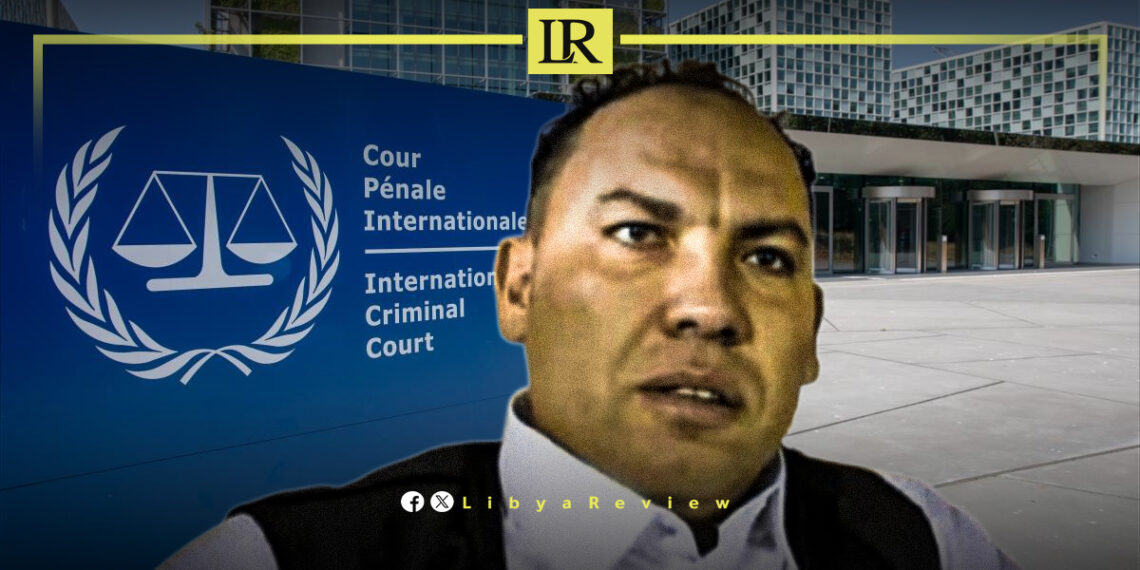A group of nine member states of the United Nations Security Council issued a joint statement calling for the immediate arrest and surrender of Osama Najim, who is wanted by the International Criminal Court (ICC) over serious allegations related to abuses at Mitiga Prison in Tripoli, Libya.
The statement—signed by Denmark, France, Greece, Ghana, Panama, the Republic of Korea, Sierra Leone, Slovenia, and the United Kingdom—emphasised that all states must comply with their obligations under the Rome Statute, including the arrest and transfer of individuals subject to ICC warrants.
According to the statement, the arrest warrant for Najim is a landmark step in the ongoing investigation into crimes committed in Libyan detention centres. These include allegations of murder, torture, sexual violence, and unlawful detention.
The countries stressed the importance of continued engagement between the ICC, victims, and civil society organisations, underlining the broader goal of justice and accountability.
The signatories urged all parties to fully cooperate with the ICC and surrender individuals wanted by the Court, as part of the international effort to end impunity for serious crimes.
In conclusion, the nine countries reaffirmed their strong support for the ICC as an independent judicial institution and rejected any attempts to undermine its integrity or exert pressure on its officials. They reiterated the need to uphold the rule of law, respect international law, and defend human rights.
Libya has been in chaos since a NATO-backed uprising toppled longtime leader Muammar Gaddafi in 2011. The county has for years been split between rival administrations.
Libya’s economy, heavily reliant on oil, has suffered due to the ongoing conflict. The instability has led to fluctuations in oil production and prices, impacting the global oil market and Libya’s economy.
The conflict has led to a significant humanitarian crisis in Libya, with thousands of people killed, and many more displaced. Migrants and refugees using Libya as a transit point to Europe have also faced dire conditions.
The planned elections for December 2021 were delayed due to disagreements over election laws and the eligibility of certain candidates. This delay has raised concerns about the feasibility of a peaceful political transition.
Despite the ceasefire, security remains a significant concern with sporadic fighting and the presence of mercenaries and foreign fighters. The unification of the military and the removal of foreign forces are crucial challenges.


